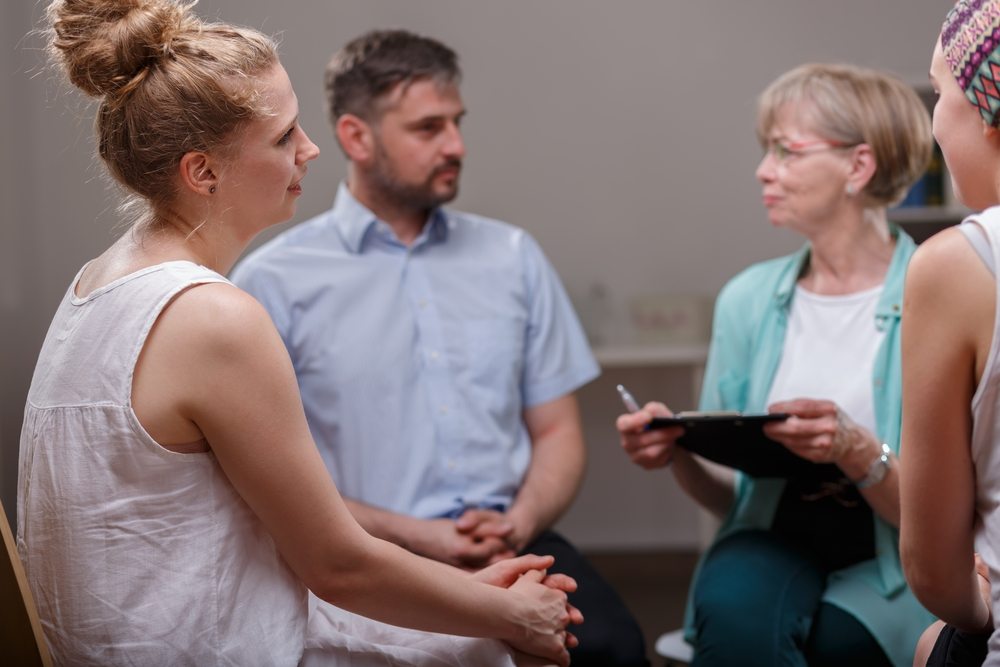Experimentation with drugs and alcohol during the teen years is not uncommon as it is a time to try new things and experience some challenges along the way. When experimental turns into casual then ongoing use or addiction, real problems begin. Teenage addiction is not just impacting the teen, the entire family and community at large feel the impact. Find out what treatment options are available for adolescents with addiction and how to find the program best suited for a loved one.
Treatment
Spotting teenage drug or alcohol addiction is crucial to getting help in prevention of longer term issues. Teens are in a different phase of life, one which may be confusing and difficult to navigate. Some key components of a treatment program for adolescent addiction may include:
- Behavior therapy
- Family involvement
- Healthcare services
- Home visits
- Peer to peer support
- Psychiatric assessments and treatment
- Positive reinforcement such as rewards and incentives
- Recreational activities
- Social engagement
Programs
Although teen substance abuse treatment programs are different than adult treatment programs, most of the steps are the same. This includes:
- Assessment of addiction. Prior to a person going into drug addiction treatment, the individual must undergo a screening for substance abuse disorder and be assessed by an addiction specialist including medical doctors, psychiatrists and licensed clinical psychologists. During the assessment, a teen will need to answers questions about drug use. A care plan will be developed at this time.
- Drug or alcohol detox. Once a person stops taking drugs, withdrawal symptoms start within several hours to days. Symptoms vary, depending on the drug, but often are uncomfortable and may even be dangerous. Medical supervision is usually recommended during detox.
- Psychological and pharmacological treatment. Drug or alcohol addiction treatment for young adults involves several mental and emotional aspects. Family counseling, group counseling and individual therapy combined with medical treatment may help a teen recover more effectively.
Following treatment, a teen will be provided with an aftercare plan. Either inpatient or outpatient, the program usually involves weekly individual, group and family therapy sessions which can last several weeks to several years after treatment.
Barriers
Some barriers a teen may encounter when seeking to enroll in a treatment program can impact successful completion and hinder progress in recovery. Some of the obstacles may include:
- Lack of teenage specific addiction programs
- Peer pressure
- Shame
- Unhealthy family situation
- Unwillingness to admit a problem exists
Fighting teen addiction can be stressful and hard on everyone involved. It is important to understand the dynamics at play and how to successfully support the teen in receiving the help needed to move forward in recovery. With the right tools and support, a teen can battle (and win) the fight against addiction.
It is not possible to fight teenage addiction alone. Support of others is crucial which is where the Villa comes in. We are here to help you build a stronger foundation of support for the recovery journey. Call us to find out how to get started.

